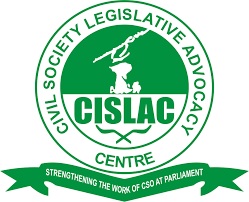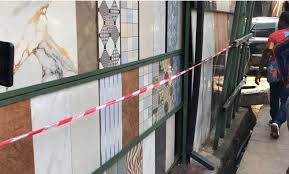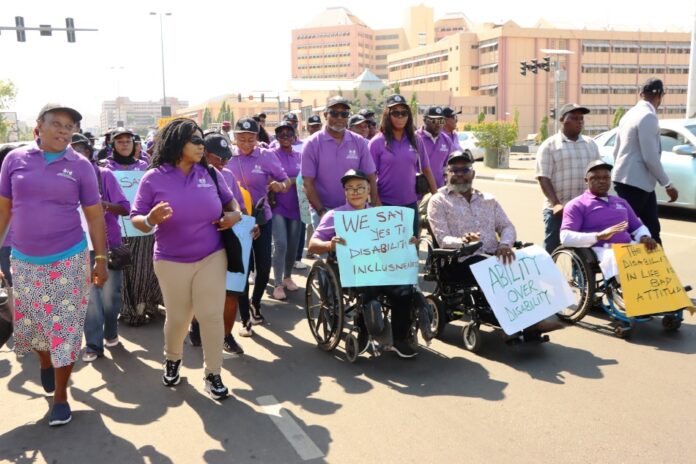Joy Obakeye
The Civil Society Legislative Advocacy Centre has decried the slow clean-up of oil pollution in Ogoniland.
The Programme Manager, Environment and Conservation of Nature, CISLAC, Mr Kolawole Banwo, made this known at a workshop in Lagos.
“Emergency measures (health audit, alternative livelihoods and potable water) are perceived to be delayed, inadequate or poorly implemented. The risks and effects remain, re-pollution continues through artisanal mining and oil spills.”
“The 25-year journey and struggle for the clean-up of Ogoniland and the Niger Delta region is a challenge to our shared humanity. It is about the lives of real people whose only offence is that petroleum resources, which drive our economy, are found in their land.”
Banwo, explained the issues affecting the exercise such as the status of the Hydrocarbon Pollution Restoration Project, (HYPREP).
He said, “Oil pollution in many intertidal creeks has left mangroves denuded of leaves and stems. When an oil spill occurs on land, fires often break out, killing vegetation and creating a crust over the land.
“The Ogoni community is exposed to petroleum hydrocarbons in outdoor air and drinking water, sometimes at elevated concentrations.”
Banwo noted that the UNEP report, which was released in August 2011, took three years to be completed, saying it concluded that the clean-up would take 25 to 30 years to accomplish with an estimated takeoff cost of $1billion.
He stressed that former president, Goodluck Jonathan, set up a government committee to review the report and make recommendations on immediate and long remedial actions in Ogoni.
Related to this topic:
Subscribe To Our Newsletter
No spam, notifications only about new products, updates.











